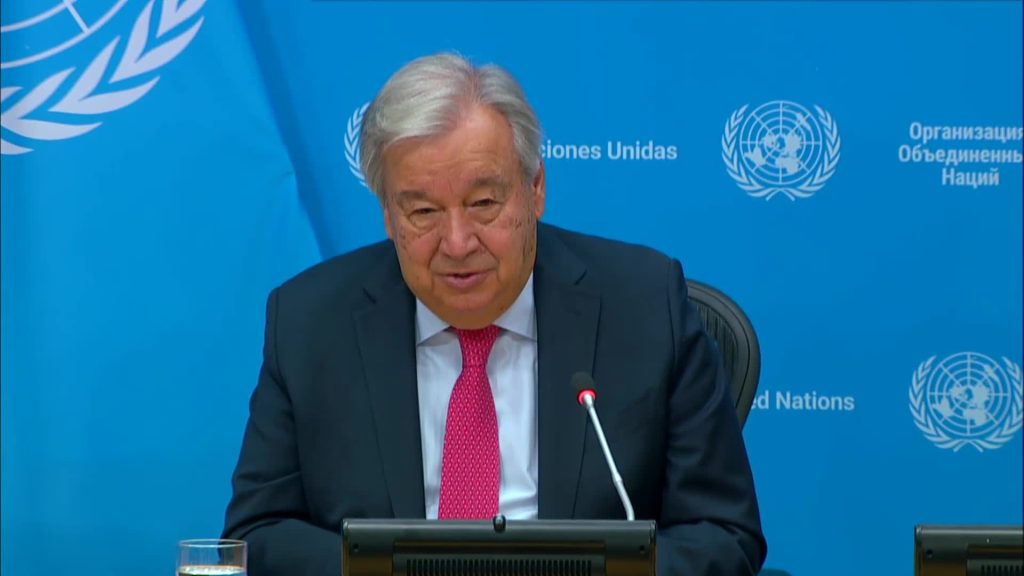The United Nations has adopted a landmark “Pact for the Future” designed to address a wide range of 21st-century challenges, including climate change, conflict, and human rights. The pact was passed on Sunday despite last-minute objections led by Russia, marking the start of the UN General Assembly’s high-level week.
UN Secretary-General António Guterres had framed the “Summit of the Future” as a rare chance to renew international cooperation, urging leaders to take bold action. During the summit, heads of state and government pledged to strengthen the multilateral system, which the pact says must keep pace with a changing world to secure a brighter future for all of humanity.
The agreement outlines 56 key actions, including commitments to uphold multilateralism, the UN Charter, and peacekeeping. It also advocates for reforming international financial institutions and the UN Security Council, as well as addressing climate change, disarmament, and the governance of artificial intelligence.
Russia, along with allies such as Belarus, North Korea, and Iran, attempted to introduce an amendment emphasising non-interference in the internal affairs of states. However, the amendment was overwhelmingly dismissed.
Guterres had urged countries to show vision and courage during negotiations, calling for sweeping changes to international institutions. However, some diplomats and experts expressed disappointment with the pact’s ambition, describing it as falling short of revolutionary reform.
Richard Gowan of the International Crisis Group noted that while the pact contains good ideas, it doesn’t represent the transformative changes Guterres initially sought. Other diplomats echoed these sentiments, calling the final text lukewarm and reflective of the lowest common denominator.
One key area of contention was climate action. Earlier drafts had removed references to transitioning away from fossil fuels, though the language was reintroduced in the final version. Additionally, the pact includes commitments to reform international financial institutions, addressing calls from developing nations for better access to financing in the face of climate change.
Human Rights Watch acknowledged the pact’s focus on economic justice and human rights but cautioned that world leaders still need to demonstrate their willingness to act on these commitments.
Though non-binding, the “Pact for the Future” also introduces two annexes: a Global Digital Compact and a Declaration on Future Generations. Some diplomats and human rights advocates expressed concern about whether the principles outlined would be meaningfully implemented.
In response, Guterres emphasised the importance of turning the commitments into action, urging global leaders to “breathe life” into the pact’s promises.

